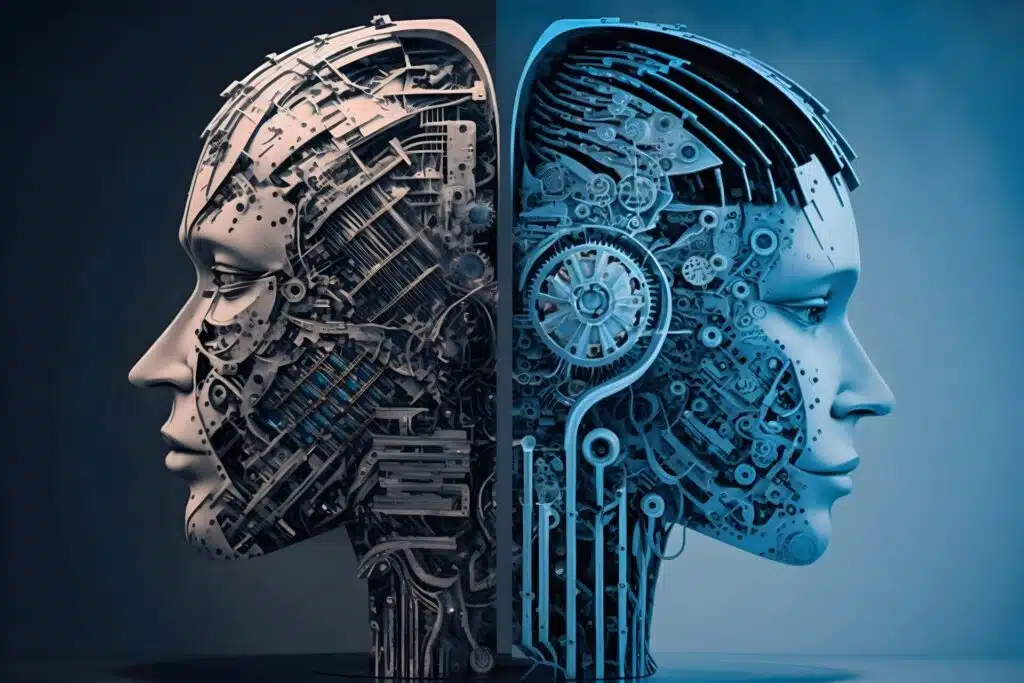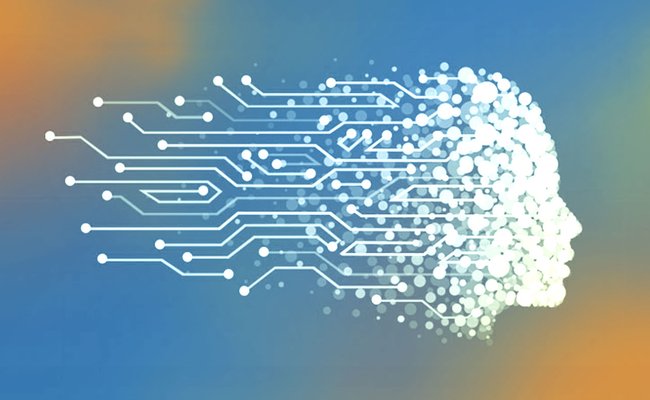
For Christmas I received a fascinating gift from a good friend - my very own "very popular" book.
"Tech-Splaining for Dummies" (great title) bears my name and my photo on its cover, and it has radiant reviews.
Yet it was totally written by AI, with a couple of basic triggers about me supplied by my buddy Janet.
It's an intriguing read, and uproarious in parts. But it likewise meanders quite a lot, and is somewhere in between a self-help book and a stream of anecdotes.
It imitates my chatty design of composing, but it's likewise a bit recurring, and very verbose. It may have exceeded Janet's prompts in collecting information about me.
Several sentences begin "as a leading innovation journalist ..." - cringe - which could have been scraped from an online bio.
There's also a mysterious, repetitive hallucination in the form of my feline (I have no family pets). And there's a metaphor on almost every page - some more random than others.
There are lots of companies online offering AI-book writing services. My book was from BookByAnyone.
When I called the primary executive Adir Mashiach, based in Israel, he informed me he had offered around 150,000 customised books, primarily in the US, because rotating from compiling AI-generated travel guides in June 2024.
A paperback copy of your own 240-page long best-seller expenses ₤ 26. The company uses its own AI tools to generate them, based upon an open source big language model.
I'm not asking you to purchase my book. Actually you can't - only Janet, who produced it, can purchase any additional copies.
There is presently no barrier to anybody creating one in any person's name, including celebrities - although Mr Mashiach states there are guardrails around violent content. Each book includes a printed disclaimer stating that it is imaginary, produced by AI, and developed "solely to bring humour and pleasure".
Legally, the copyright belongs to the firm, however Mr Mashiach worries that the item is planned as a "customised gag present", and the books do not get sold even more.
He wishes to widen his range, generating various categories such as sci-fi, and perhaps offering an autobiography service. It's created to be a light-hearted form of consumer AI - offering AI-generated products to human clients.
It's also a bit terrifying if, like me, you write for a living. Not least because it probably took less than a minute to generate, and it does, certainly in some parts, sound just like me.
Musicians, authors, artists and actors worldwide have actually expressed alarm about their work being utilized to train generative AI tools that then churn out comparable material based upon it.
"We need to be clear, when we are talking about data here, we actually mean human developers' life works," states Ed Newton Rex, creator of Fairly Trained, which campaigns for AI firms to regard developers' rights.
"This is books, this is short articles, this is pictures. It's works of art. It's records ... The entire point of AI training is to learn how to do something and after that do more like that."
In 2023 a tune featuring AI-generated voices of Canadian vocalists Drake and The Weeknd went viral on social media before being pulled from streaming platforms because it was not their work and they had actually not granted it. It didn't stop the track's developer trying to choose it for a Grammy award. And even though the artists were fake, it was still wildly popular.
"I do not believe the use of generative AI for imaginative purposes need to be prohibited, however I do believe that generative AI for these functions that is trained on individuals's work without authorization should be banned," Mr Newton Rex includes. "AI can be very powerful but let's construct it ethically and fairly."
OpenAI states Chinese competitors utilizing its work for their AI apps
DeepSeek: The Chinese AI app that has the world talking
China's DeepSeek AI shakes market and dents America's swagger
In the UK some organisations - consisting of the BBC - have actually picked to block AI developers from trawling their online content for training purposes. Others have chosen to work together - the Financial Times has partnered with ChatGPT creator OpenAI for example.
The UK government is considering an overhaul of the law that would permit AI designers to utilize developers' material on the web to help establish their models, unless the rights holders pull out.
Ed Newton Rex describes this as "madness".
He mentions that AI can make advances in areas like defence, healthcare and logistics without trawling the work of authors, reporters and artists.
"All of these things work without going and altering copyright law and ruining the livelihoods of the country's creatives," he argues.
Baroness Kidron, a crossbench peer in the House of Lords, is likewise strongly versus removing copyright law for AI.
"Creative industries are wealth developers, 2.4 million jobs and a great deal of joy," says the Baroness, who is likewise a consultant to the Institute for Ethics in AI at Oxford University.
"The federal government is undermining one of its best carrying out markets on the vague pledge of development."
A government representative stated: "No move will be made till we are absolutely positive we have a practical strategy that delivers each of our goals: increased control for right holders to help them license their content, access to top quality product to train leading AI designs in the UK, and more openness for best holders from AI designers."
Under the UK federal government's brand-new AI strategy, a national information library containing public information from a vast array of sources will likewise be offered to AI researchers.
In the US the future of federal guidelines to control AI is now up in the air following President Trump's go back to the presidency.
In 2023 Biden signed an executive order that aimed to enhance the safety of AI with, among other things, firms in the sector required to share information of the workings of their systems with the US government before they are launched.
But this has now been rescinded by Trump. It stays to be seen what Trump will do instead, however he is said to want the AI sector to deal with less policy.
This comes as a number of claims against AI firms, prawattasao.awardspace.info and particularly versus OpenAI, continue in the US. They have actually been secured by everyone from the New York Times to authors, music labels, and even a comedian.
They declare that the AI companies broke the law when they took their content from the internet without their consent, and used it to train their systems.
The AI business argue that their actions fall under "reasonable usage" and are therefore exempt. There are a number of factors which can constitute fair use - it's not a straight-forward definition. But the AI sector is under increasing analysis over how it gathers training information and whether it must be spending for it.
If this wasn't all sufficient to consider, Chinese AI firm DeepSeek has shaken the sector gratisafhalen.be over the previous week. It ended up being one of the most downloaded complimentary app on Apple's US App Store.
DeepSeek claims that it developed its technology for a fraction of the rate of the likes of OpenAI. Its success has actually raised security issues in the US, and threatens American's existing dominance of the sector.
As for me and a profession as an author, I think that at the moment, if I really desire a "bestseller" I'll still have to compose it myself. If anything, Tech-Splaining for Dummies highlights the existing weak point in generative AI tools for bigger jobs. It is complete of inaccuracies and hallucinations, and it can be quite challenging to read in parts because it's so long-winded.
But offered how rapidly the tech is progressing, I'm not exactly sure the length of time I can remain confident that my considerably slower human writing and editing abilities, are better.

Sign up for our Tech Decoded newsletter to follow the most significant developments in global technology, with analysis from BBC correspondents all over the world.
Outside the UK? Sign up here.








